Where is Turkey?
Located in Southeastern Europe and Southwestern Asia, Turkey has a 2,816.00 km border with Armenia (311 km), Azerbaijan (17 km), Bulgaria (223 km), Georgia (273 km), Greece (192 km), Iran (534 km), Iraq (367 km) and Syria (899 km). It has a 7,200.00 km coastline. Complex maritime, air, and territorial disputes exist between Greece concerning the Aegean Sea.
The capital of Turkey is Ankara. In 1920, Kemal Ataturk decided to base his new government of the Turkish nation here rather than in the city of Istanbul and began working on the creation of the Turkish Republic. In 1923, the city officially became the capital and is now a prominent commercial and industrial area in the country. The population of Ankara was around 75,000 in 1927, but by 2013, Ankara Province had a population of over five million people. The current population of Ankara is estimated at 5.28 million with 4.5 million of these people living in the urban centre of the city. Ankara offers Islamic architecture and mosques, ancient Roman and Ottoman archaeological sites, as well as modern restaurants, shopping, marketplaces, and great parks and recreational facilities. Ankara has a hot-summer Mediterranean environment that experiences cold and snowy winters as well as dry and hot summers.
Read more on Turkey's CapitalTurkey is an Asian country covering 783,562.00 km2 of which 1.78% is water and 769,632.00 km2 is land. This makes it the 36th largest country in the world and slightly larger than Texas. Its geographic coordinates are 39 00 N, 35 00 E and Ankara is the capital city.
The country's name means "land of the Turks".
Its ISO code is TR.
Geography
Turkey has a mean elevation of 1,132 m above sea level.
It has a subtropical desert climate. The terrain consists of a high central plateau, narrow coastal plain and several mountain ranges.
Population
Turkey has a population of 80,274,604 making it the 19th largest in the world. 20% of the total population lives in Istanbul.
Turkish is the official language, followed by Kurdish and other minority languages. The major ethnic groups reported are Turkish and Kurdish. The majority of the population is Muslim.
The official language of Turkey is Modern Turkish which is an evolution of the Ottoman Turkish dialect. The modern incarnation of the language evolved during the 1930s and 1940s when Mustafa Kemal Ataturk, the Father of modern Turkey, instituted reforms that would modernise Turkish. There are 29 letters of the alphabet, and there is also an official Turkish Sign Language. The different dialects of Turkish across the nation include Dogu, Eastern Anatolian Turkish, Edirne, Guneydogu, and Kibris Turkcesi, to name a few. Over 66.7 million (84 percent) of Turkish citizens speak some form of the language as their native tongue. Minority languages include Kurdish, Arabic, and Zazaki. The primary foreign languages of Turkey are English, French, and German. Turkish is mutually-intelligible with Azerbaijani, Gagauz, and Qashqai, among other Turkic languages. Within Turkey, foreign business and diplomatic relations are usually conducted in English.
Read more on Turkey's LanguagesThe dialing code for the country is 90.
Government
Turkey is an independent country. It proclaimed itself a republic in 1923. Its constitution was last ratified in 1982.
The political system of Turkey can be defined as a democratic, secular parliamentary representative system. National elections in the country take place every four years and have done so since 1923. The Prime Minister of Turkey is the head of the government, and the President of Turkey retains a mostly ceremonial role. The parliament of the country, the Grand National Assembly of Turkey, is located in the centre of the capital city Ankara. This parliament was founded in 1920 in an attempt to forge a nation-state out of the ruins of the Ottoman Empire.
Read more on Turkey's GovernmentEconomy
Factoring in Purchasing Power Parity, Turkey's GDP is $1,700,000,000,000.00 (USD) with $21,100.00 (USD) per capita. This makes it the 15th largest economy and its citizens the 79th richest in the world. The currency of Turkey is the Lira (TRY).
Its major export partners are Germany, the United Kingdom, and Iraq. Its main exports are apparel, foodstuffs, textiles, metal manufactures, and transport equipment. Its major import partners are China, Germany, and Russia. Its major imports include machinery, chemicals, and fuels.
Flag
The Turkish flag consists of a red rectangle with a white star and crescent. This flag is known as al bayrak, the red flag, and is also referred to as al sancak, the red banner, in the national anthem of Turkey. The flag of Turkey is one of the few in the world that has remained somewhat untouched after the fall of a major empire. Previous versions of the flag include a plain red triangle, a golden crescent on a red triangle, and a flag that has a red background with a green oval in the middle which is housing three golden crescents. The star and crescent symbol has ancient roots in Turkish society.
Read more on Turkey's FlagThis page was last modified on January 17th, 2018
More on Graphicmaps
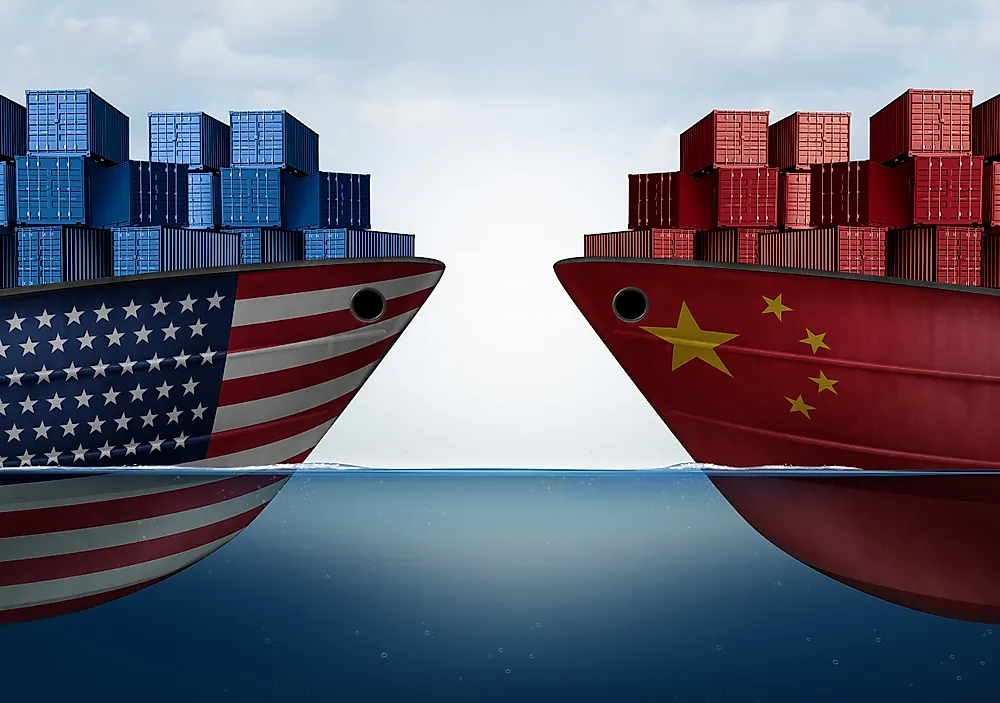
Published on 2019-11-06
What is a Trade Embargo?
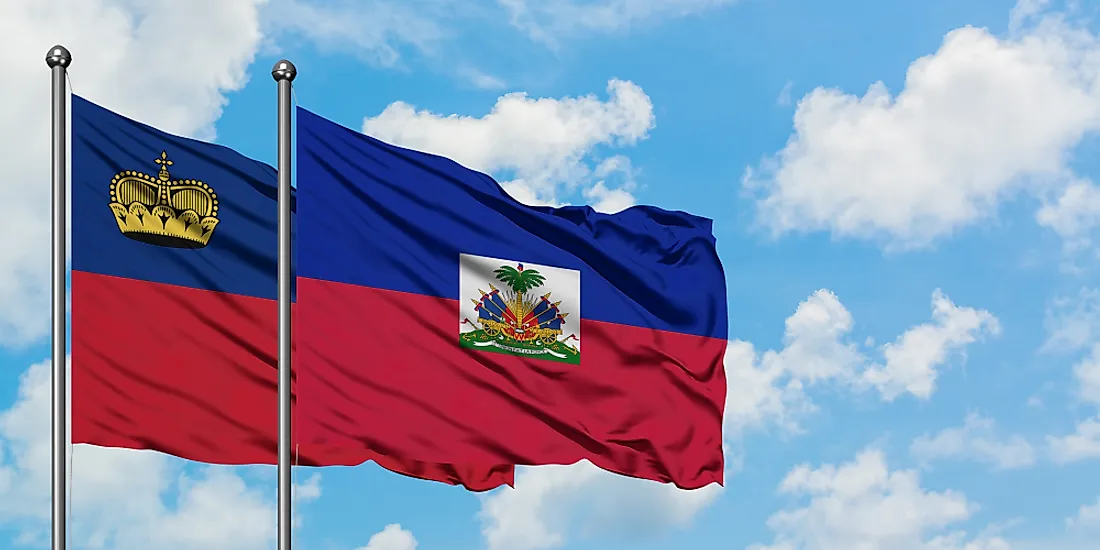
Published on 2019-11-04
Which Two Countries Used to Have the Same Flag?

Published on 2019-09-16
What Is the Only Two-Sided State Flag?
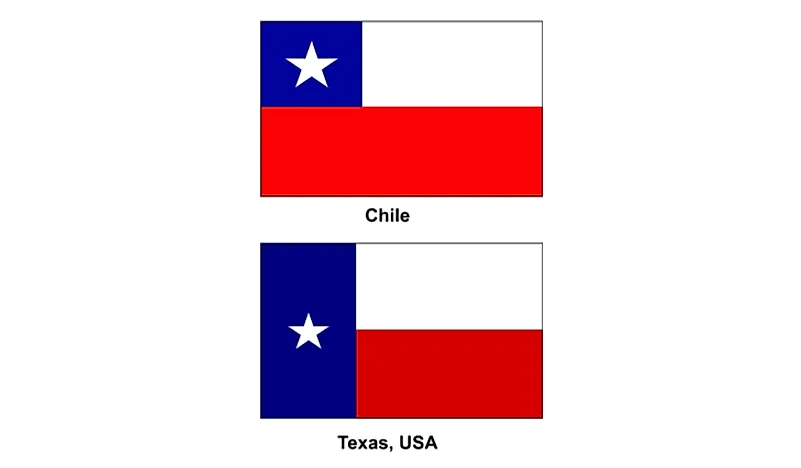
Published on 2019-09-16
Which Country Flag Looks Like the Texas Flag?
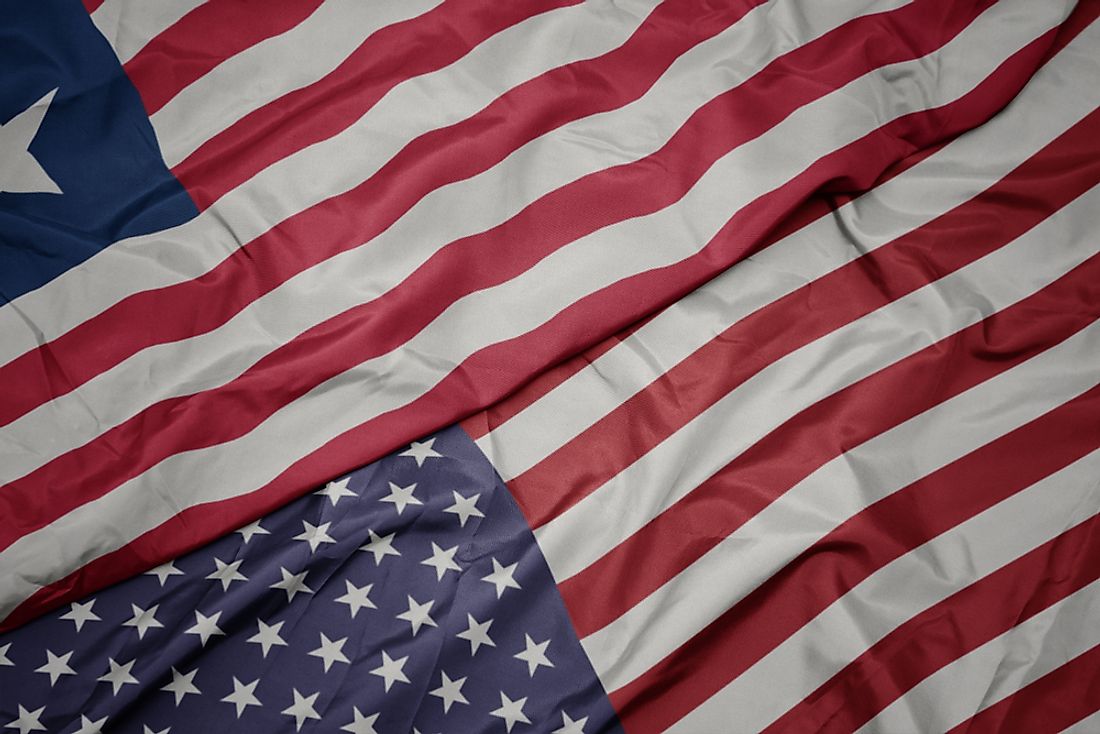
Published on 2019-08-29
Flags That Resemble the US Flag
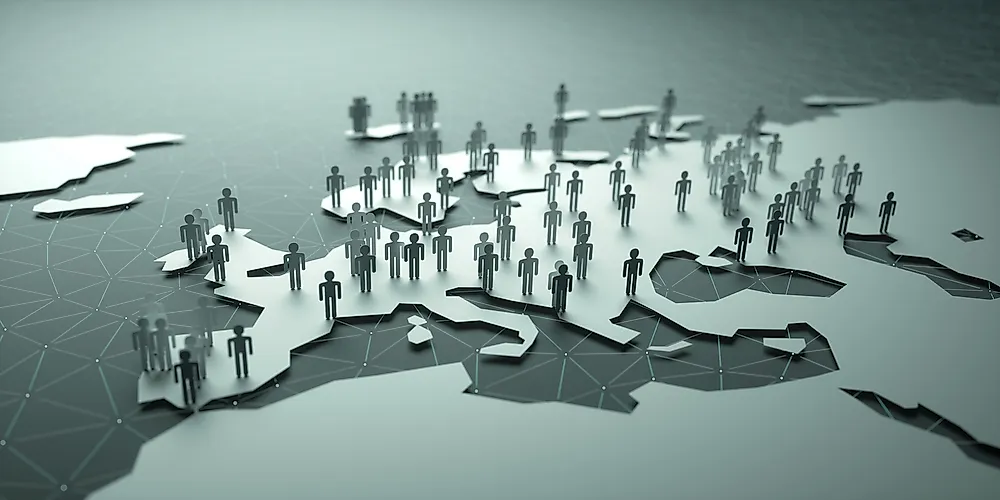
Published on 2019-08-20
